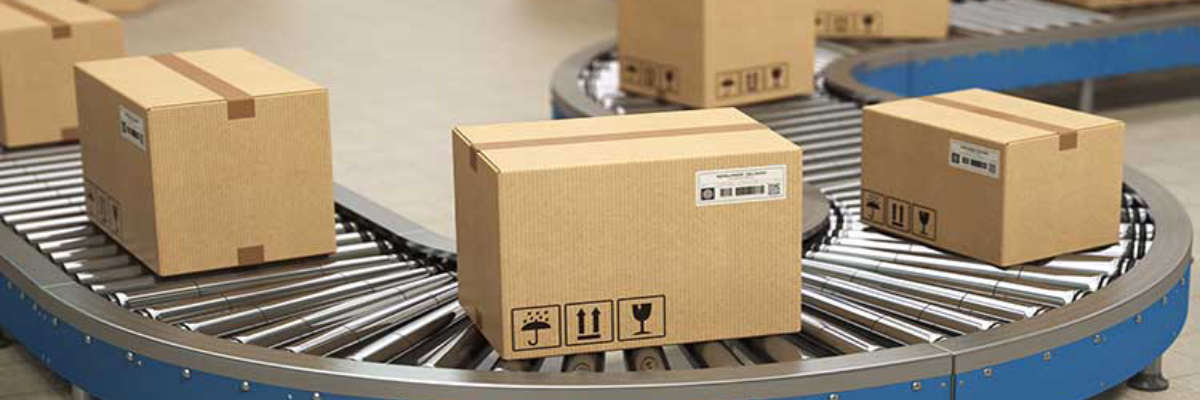Top 5 LTL Shipping Mistakes You Must Avoid

Monday, 14 October 2019 | Freight Shipping
The primary objective of any shipper is to get their products to market on time at the lowest cost available without sacrificing the quality. That is why many companies are switching to less than truckload (LTL) freight shipping in order to minimize costs, gain greater flexibility and streamline their logistics operations efficiently. However, businesses must know how to optimize their shipping process to reap the maximum benefits of LTL freight shipment. Learning about the transportation and logistics industry, recognizing the latest trends and avoiding common shipping mistakes can help your business save time and money. Read on to discover the common LTL shipping mistakes and how to avoid them.
-
Not using freight brokerage services
Freight brokers act as a facilitator between shippers and carriers, helping both the parties create reliable and profitable relationships. If your business hasn’t hired the services of a third-party logistics (3PL) provider, then you are missing out on a number of benefits. Not only freight brokers are well-versed with the latest industry practices, but their business connections with carriers can get you the best freight shipping rates.
-
Overlooking packaging
LTL shipping involves multiple transfers and increased handling of freight. Poorly packed freight have a higher likelihood of getting damaged during the transit. Many businesses overlook the importance of packing the products properly. Carriers can't be held accountable for cargo damage caused by insufficient packaging. Hence, make sure to pack and palletize your cargo properly depending on its weight, size and fragility. Even though palletizing freight takes considerable time and effort, it will be worthy. Securing the goods to pallets with stretch wrap, bands and cushioning materials increases portability and reduces risk of product damage.
-
Skipping insurance
Many businesses plan to cut corners by avoiding freight insurance. Risk, loss and damage are quite common incidents in trucking industry. Skipping cargo insurance is a risky decision as it may end up costing your company potentially devastating damages in case of a natural disaster, theft or traffic accident. Insurance costs may seem like a deterrent, but it could give a peace of mind by protecting your freight from physical losses or damages during the transit.
-
Documentation errors
Whether you are shipping via road, sea or air, it is essential to get the documents right. Bill of Lading (BoL) is a case in point. Furnishing all the necessary details required for an LTL freight shipment, BoL document helps to process and invoice freight accurately. Erroneous data provided in the shipping documentation could result in missing or delayed order deliveries, thus negatively affecting your customer service quality. So, shippers need to fill out the shipping documents diligently and get it double checked.
-
Inaccurate freight dimensions
Freight class of an LTL shipment is determined according to the product’s weight and dimensions. However, many shippers doesn’t have any weighing scales and systems for checking their freight dimensions accurately. When freight dimensions are inaccurate, it would lead to freight classification errors, consequently resulting in re-weighs, re-classes and unplanned expenses. It is important to implement a standard weighing and scaling procedure to determine the correct classification of your freight. Accurate listing of freight class will save time and money for all the parties included.
Most shipping mistakes are caused by a negligent mindset and lack of expertise. So, make sure to pay heed to details in order to keep shipping costs down and maximize efficiency.




